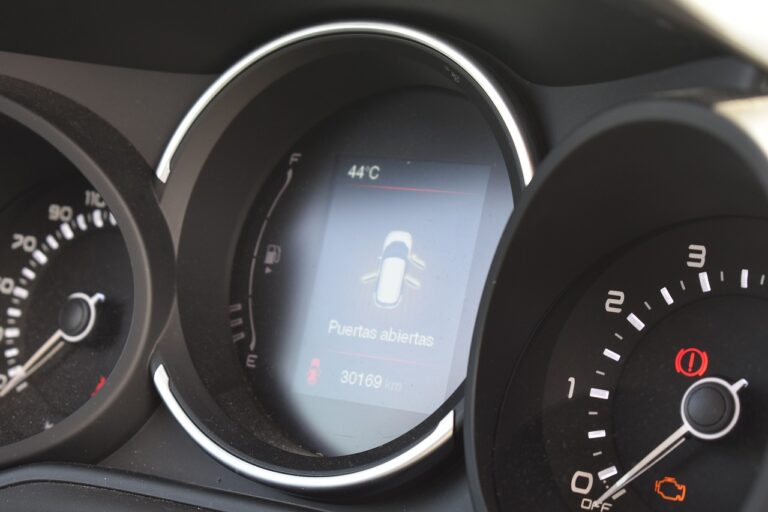Exploring Advances in Non-Pneumatic Tire Technology for Specialized Applications
golden exchange, cricbet99, king567:Exploring Advances in Non-Pneumatic Tire Technology for Specialized Applications
Tires are an essential component of vehicles, responsible for providing traction, absorbing shock, and maintaining stability on various surfaces. While traditional pneumatic tires have been the standard for decades, advances in technology have led to the development of non-pneumatic tires that offer several advantages for specialized applications.
Non-pneumatic tires, also known as airless tires, do not rely on air pressure to support the vehicle’s weight. Instead, they utilize innovative materials and design elements to provide the necessary support and cushioning. These tires have gained popularity in industries where traditional tires may not be suitable due to their susceptibility to punctures, blowouts, and other issues.
One of the primary benefits of non-pneumatic tires is their puncture resistance. Traditional pneumatic tires are prone to punctures from sharp objects on the road, leading to unexpected failures and downtime. In contrast, non-pneumatic tires are made of durable materials that can withstand punctures, making them ideal for off-road vehicles, military vehicles, and other applications where reliability is critical.
Another advantage of non-pneumatic tires is their durability. Traditional tires can wear out quickly, especially in rugged terrain or extreme conditions. Non-pneumatic tires are designed to be more robust and long-lasting, reducing the need for frequent replacements and maintenance. This durability can result in cost savings for businesses that rely on specialized vehicles for their operations.
Non-pneumatic tires also offer improved stability and handling. The rigid construction of these tires provides a more stable base for the vehicle, reducing swaying and improving overall control. This enhanced stability is particularly beneficial for heavy-duty vehicles, such as construction equipment and agricultural machinery, where precise maneuvering is essential.
In addition to their practical advantages, non-pneumatic tires are also more environmentally friendly. Traditional tires can contribute to pollution through the release of microplastics and chemicals into the environment. Non-pneumatic tires are often made from sustainable materials that are recyclable and have a lower environmental impact, making them a more eco-friendly option for businesses and consumers.
As technology continues to advance, the capabilities of non-pneumatic tires are likely to improve further. Innovations in materials science, manufacturing processes, and design principles are paving the way for even more durable, efficient, and versatile non-pneumatic tire options. These advancements are opening up new possibilities for specialized applications in industries such as aerospace, automotive, and transportation.
Overall, non-pneumatic tires represent a promising evolution in tire technology, offering numerous benefits for specialized applications. As businesses and industries seek to enhance performance, reliability, and sustainability, non-pneumatic tires are emerging as a viable solution. By exploring the latest advances in non-pneumatic tire technology, organizations can take advantage of the many benefits that these innovative tires have to offer.
FAQs
Q: Are non-pneumatic tires suitable for all types of vehicles?
A: Non-pneumatic tires are best suited for specialized applications, such as off-road vehicles, military vehicles, and heavy-duty equipment. While they offer many advantages, traditional pneumatic tires may still be more suitable for everyday passenger vehicles.
Q: How do non-pneumatic tires compare to traditional tires in terms of performance?
A: Non-pneumatic tires offer advantages such as puncture resistance, durability, and stability, making them ideal for certain applications. However, traditional tires may still be preferred for vehicles that require a softer ride or better fuel efficiency.
Q: Can non-pneumatic tires be repaired if damaged?
A: Non-pneumatic tires are typically more resistant to damage than traditional tires but may still require replacement if severely damaged. Some manufacturers may offer repair options for minor issues, but it is essential to consult with a professional for proper maintenance and repairs.







